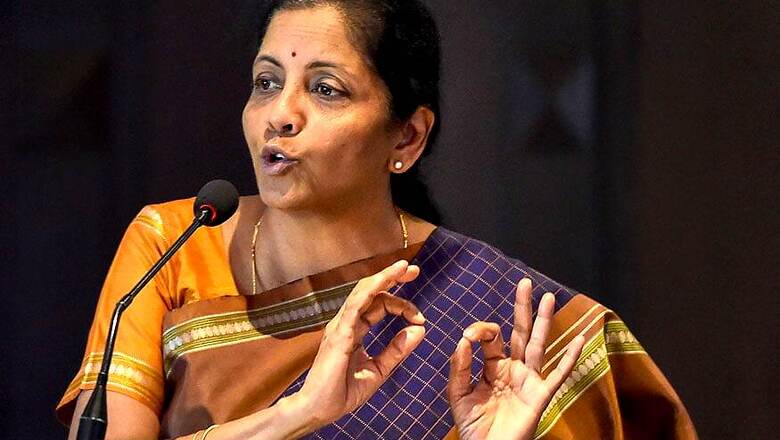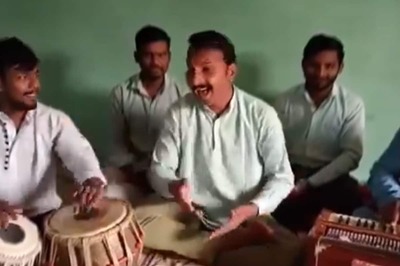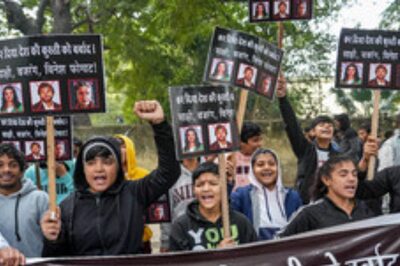
views
With the advent of the Swachh Bharat Mission (SBM), 54.64 lakh individual toilets and 4.64 lakh community and public toilets have been built in urban areas with major emphasis on behaviour change communication. This Union Budget experts predict an extension of the same scheme along with newly added components.
Bhwana Prakash, Director with Ernst & Young’s Government and Public Sector Practice says, “We are on the cusp of completing the SBM in October 2019 and now need to look beyond building toilets and achieving Open Defecation Free (ODF) cities. With SBM goal of making India ODF by 2019 fast approaching and nearly 70 percent of cities becoming ODF, the key is to move to ODF+ and ODF++ and ensure its effective implementation.”
ODF+ ensures ODF sustainability and proper maintenance of toilet facilities and ODF++ status ensures the safe collection, conveyance, treatment and disposal of all faecal sludge and sewage to achieve sustainable sanitation for all.
Now with the Union Budget less than a week away, it is critical for the central and state governments and cities to earmark funds for implementing non-network solutions across the sanitation value chain.
“A multi-stakeholder inclusive approach is needed to achieve sustainable sanitation for all at all times. The government, regulators, funding agencies, and private sector need to work together to address the current gaps around implementation and create replicable approaches and models,” added Prakash.
A recent study conducted by the United Nations Children's Fund (UNICEF) has revealed that the Modi-led central government’s flagship scheme has helped reduce groundwater contamination in the country.
The study was based on data collected from three states ¬— Odisha, West Bengal, and Bihar. Groundwater samples collected from these three states suggested that villages that still reported open defecation were 11.25 times more susceptible to contaminating their groundwater resources than open-defecation-free villages. Faecal waste mixing with groundwater is more frequent in such villages as compared to open-defecation-free villages.
Commenting on the report result, Gajendra Singh Shekhawat, Union Minister for Jal Shakti, had last week said that cleanliness is crucial as it affects all aspects of health and well-being as well as the environment.
In its manifesto, the Bharatiya Janata Party (BJP) had also promised to take the programme to the next level and ensure that every village has sustainable solid waste management systems, 100% disposal of liquid waste, with an emphasis on faecal sludge management and reuse of wastewater. “We will ensure that all habitations attain ODF status, and those that have attained the status, sustain the behavioural change," the manifesto had said.
The government also said that the National Annual Rural Sanitation Survey (NARSS) 2017-18, which was conducted by an independent verification agency supported by the World Bank, had confirmed that rural toilet usage in India had reached 93.4%.
The NARSS team had visited over 90,000 households across more than 6,000 villages before releasing their findings.
Two more independent surveys conducted by the Quality Council of India in 2017, and the National Sample Survey Organization in 2016, also found the usage of toilets to be 91% and 95%, respectively.
“Considering access to potable drinking water and basic sanitation as an important determinant of health; government should dovetail Swachh Bharat Abhiyan activities with health and wellness centres under Ayushman Bharat," said Dinesh Agarwal, senior technical advisor, IPE Global Ltd.




















Comments
0 comment